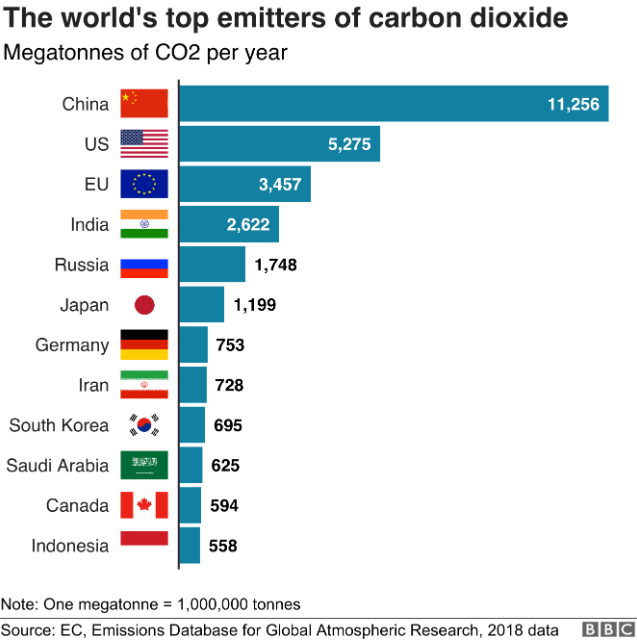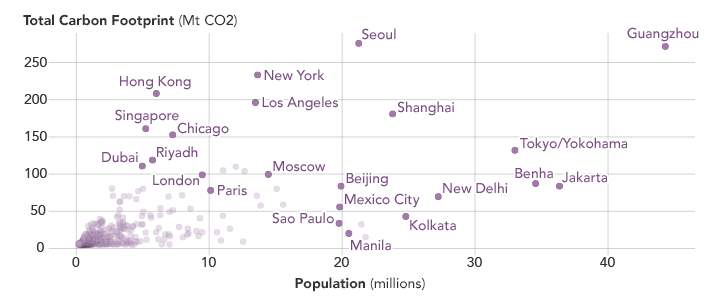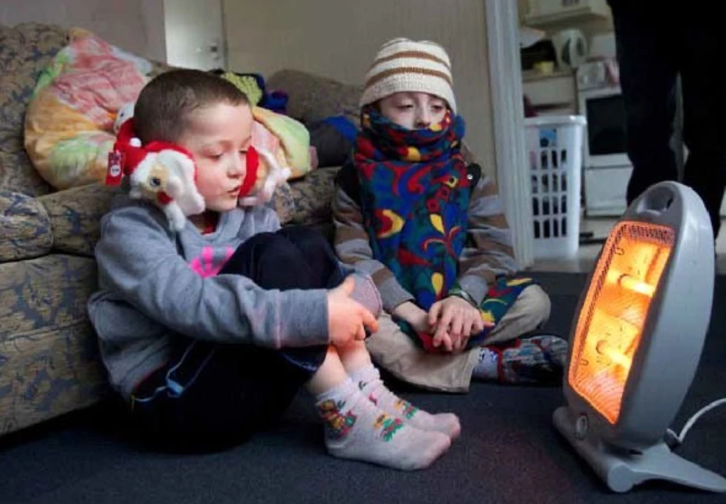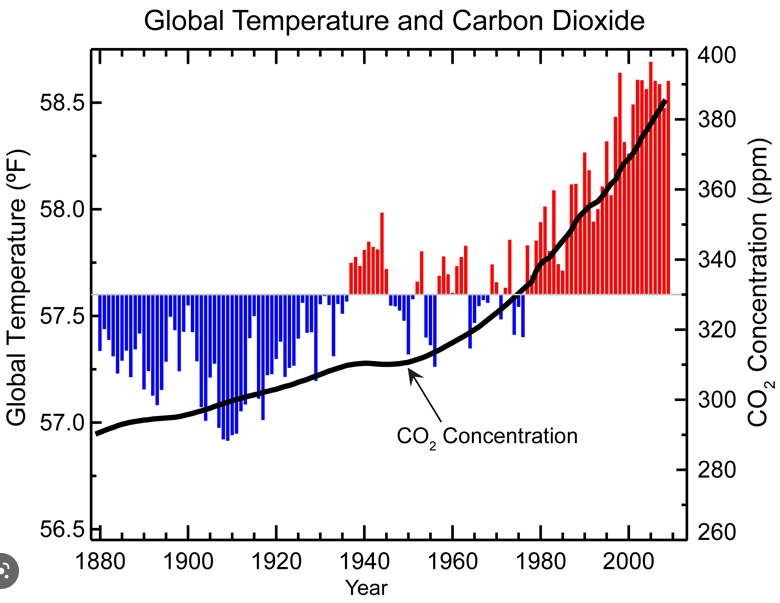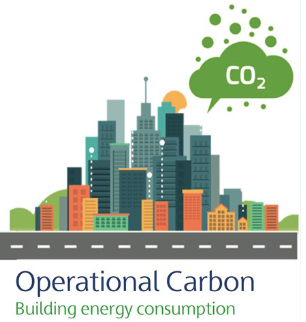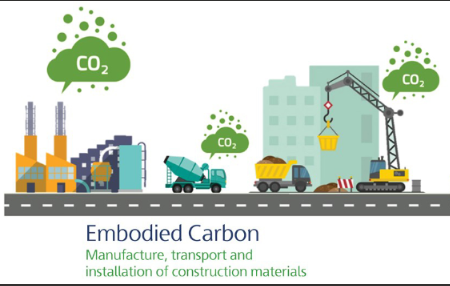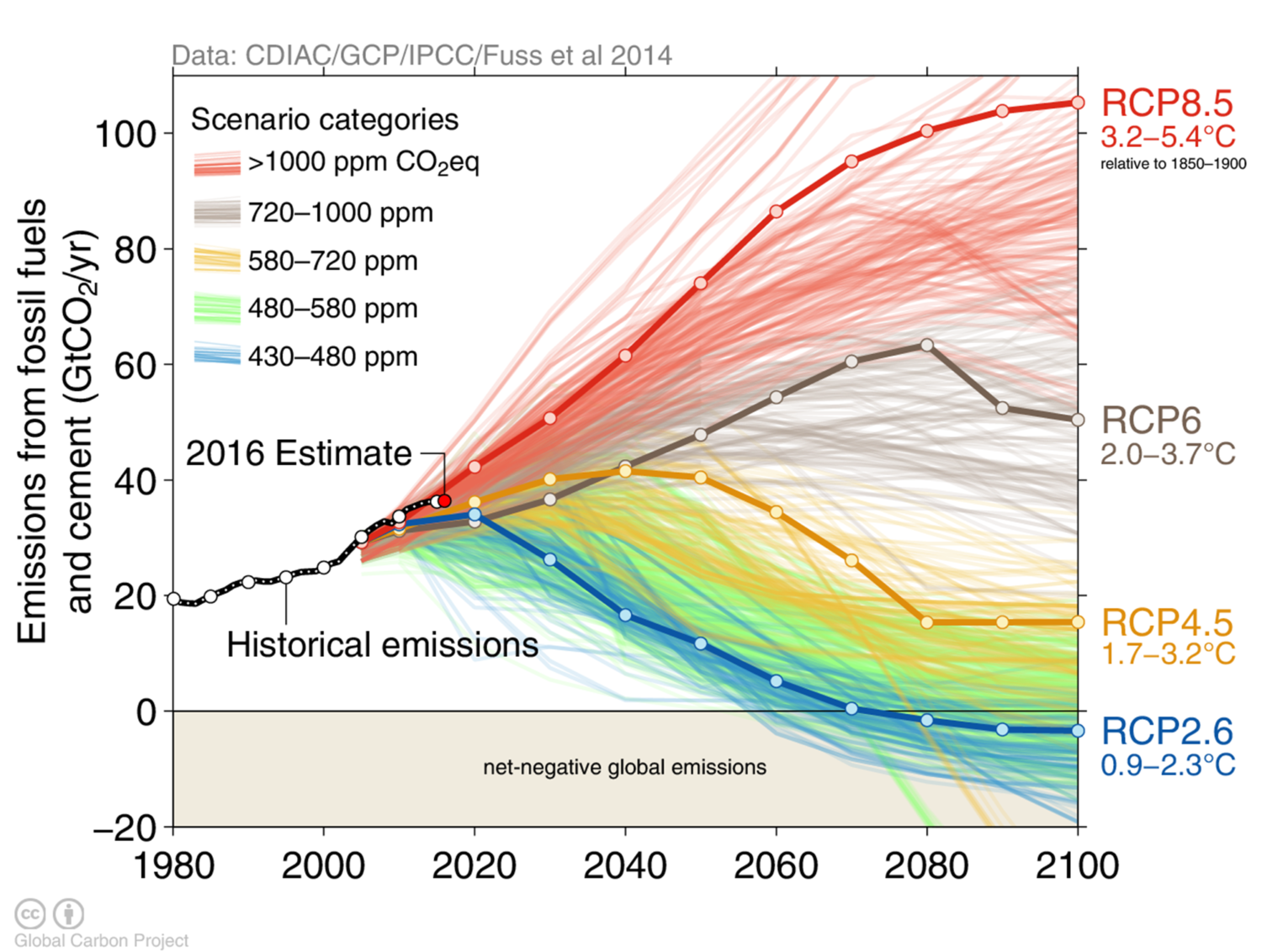Measuring Net Zero:
Carbon Accounting for Buildings and Communities:
Glabal concern is growing that ambitious greenhouse gas (GHG) emission reduction targets and budgets set at national and city level are simply are not working.
Actual global emissions are growing faster than ever. The gaps between the reality of achieved reductions and the often trumpeted GHG reduction targets and budgets continue to increase. The situation is increasingly desperate as Al Gore said at Davod in January 2023:
Al Gore on World Economic Forum 2023 about fossil fuel industry and arresting Greta Thunberg in Germany from tremoniamedia Filmproduktion on Vimeo.
Yet there are stellar examples around the world where demanding targets are being met and even exceeded. So where are the stumbling blocks? What are the barriers? How do great exemplars achieve their ends, and what insights can they provide for ways forward from our high emissions lifestyles to a genuinely safer, lower emissions future?
Importantly – is the way we measure Net Zero and GHG emissions from our built environment even correct, comparable and enabling – or are our carbon accounting practices so skewed that they are part of the problem?
These challenges must be seen both through top-down and bottom-up lens to understand where the mis-matches are happening. There is no one silver bullet to account for the disparate entities under the policy umbrella of a Zero Carbon future. As Zero Carbon standards are emerging, now is the time to bring all involved together to seek not only correct accounting processes for individual fields, but to link them to a consistent, consensual and unifying framework into which to fit and assess progress.
In the past that search for consistent and robust carbon metrics for the built environment led to a proliferation of life cycle and sustainability assessment initiatives resulting in a plethora of terms, concepts, guidelines, databases and tools nowadays proliferate in a seemingly endless variety. Are they helping and if not why? How do they relate to financial and energy accounting practices for carbon? As energy efficiency-focussed thinking gives way to issues around energy sufficiency, renewable energy supplies and Carbon Capture and Storage how can we account for avoided or removed emissions?
Bringing together a wide range of stakeholders to ICARB 2023 in open Panel and Workshop sessions, with leading thinkers will help to exchange ideas, encourage clarity of thinking, synthesise viewpoints and provide new insights on workable ways forward for measuring Net Zero, and correct whole-life carbon accounting for buildings and communities.
The conference aims to:
-
Learn from Best Practice – case studies of communities, islands, cities, buildings
-
Understanding and Overcome Barriers
-
Explore and Discuss Metrics, Methods, Tools and Policies
-
Raise Radical Approaches to reductions including Energy Sufficiency
-
Learn from Retrofit Studies on how to treat existing buildings
-
Question the Roles of Building Rating systems EPCs – BREEAM – SAP
-
Share Experiences in Carbon Budgeting Pitfalls and Progress
-
Compare Zero Carbon Standards to find what works best
ICARB 23 will provide a Forum – to take stock of progress, share thinking, nudge systems and clarify carbon metrics and methods. Bringing together leading thinkers from a wide range of stakeholders including professions, government, industry, financial sectors and academia to help fast track effective emissions reductions from the built environment.
You are invited to submit abstracts in the following subjects. Paper and Panel sessions will then be grouped around ten subject workshops and related Panel sessionson Carbon Accounting and:
-
Rules, Metrics, Definitions, Data and Benchmarks
-
Case Studies of Zero Carbon Buildings / Communities
-
Case Studies of GHG reduction Targeting, Budgeting, Planning, Assessment & Implementation Tools, Programmes, Methods, Models
-
Energy Systems in Zero Carbon Communities
-
Measuring GHG and Ozone Impacts of HVAC systems in Buildings
-
New Metrics for Energy Sufficient Buildings, Behaviours and Comfort
-
Retrofitting of Buildings
-
Zero Carbon Cooling, Natural Ventilation, Thermal Mass, Shading, Planting etc.
-
Zero Carbon Heating: Passive Solar Design, Insulation
-
Correct Assessment of Biomass Heating in Buildings: GHGs and Health Impacts
-
Low Carbon Fuels: Hydrogen and Nuclear
-
Low Carbon Technologies: Heatpumps and Electric Cars
-
Biomass in Energy Generation with and without BECCS
-
Embodied Energy in Construction
-
Standards, Rating and Performance Assessment for Buildings: Zero Carbon Standards + links to EPCs, PAS, BREEAM etc. Do they matter?
If the planet and our societies are to survive through the next decades and centuries, we need to see radical reductions in GHG emissions NOW.
If you cant Measure It – You cant Manage It
Join us at ICARB 2023 to help make carbon accounting Fit for Purpose in a rapidly changing world
|
Susan Roaf |
Julio Bros-Williamson |
|
E. Professor of Architectural Engineering |
Chancellor’s Fellow in Net Zero Buildings |
|
Heriot Watt University |
University of Edinburgh |

